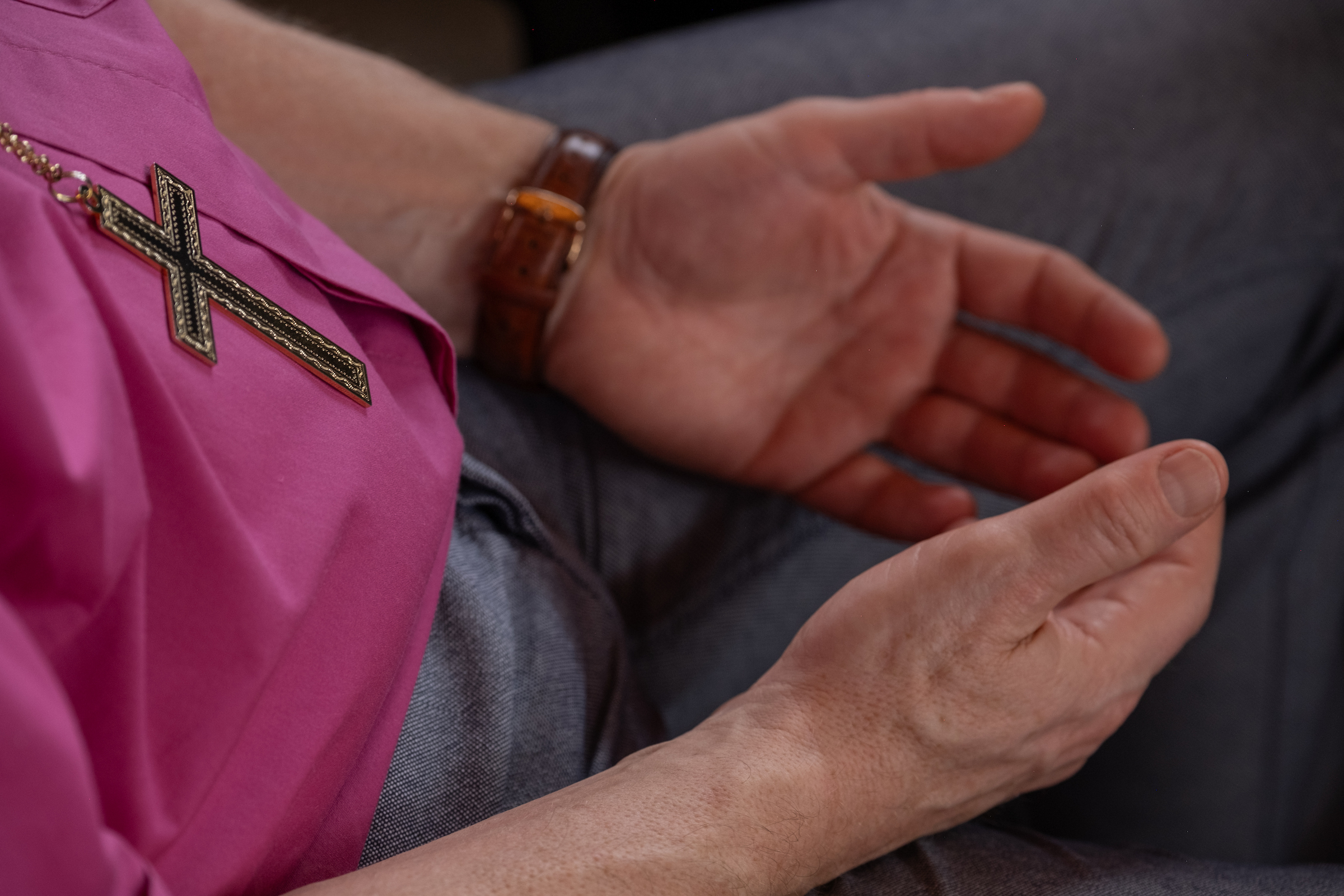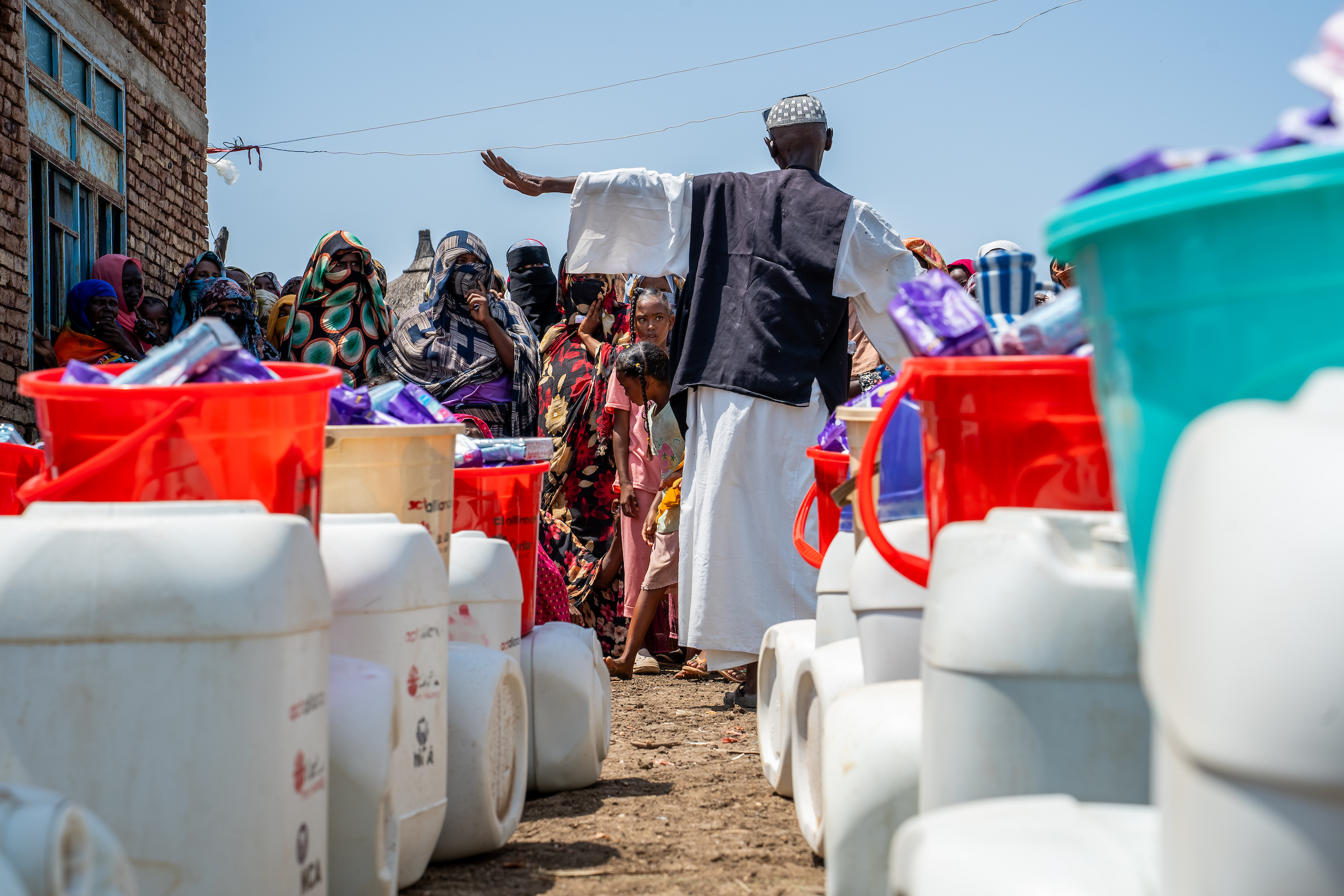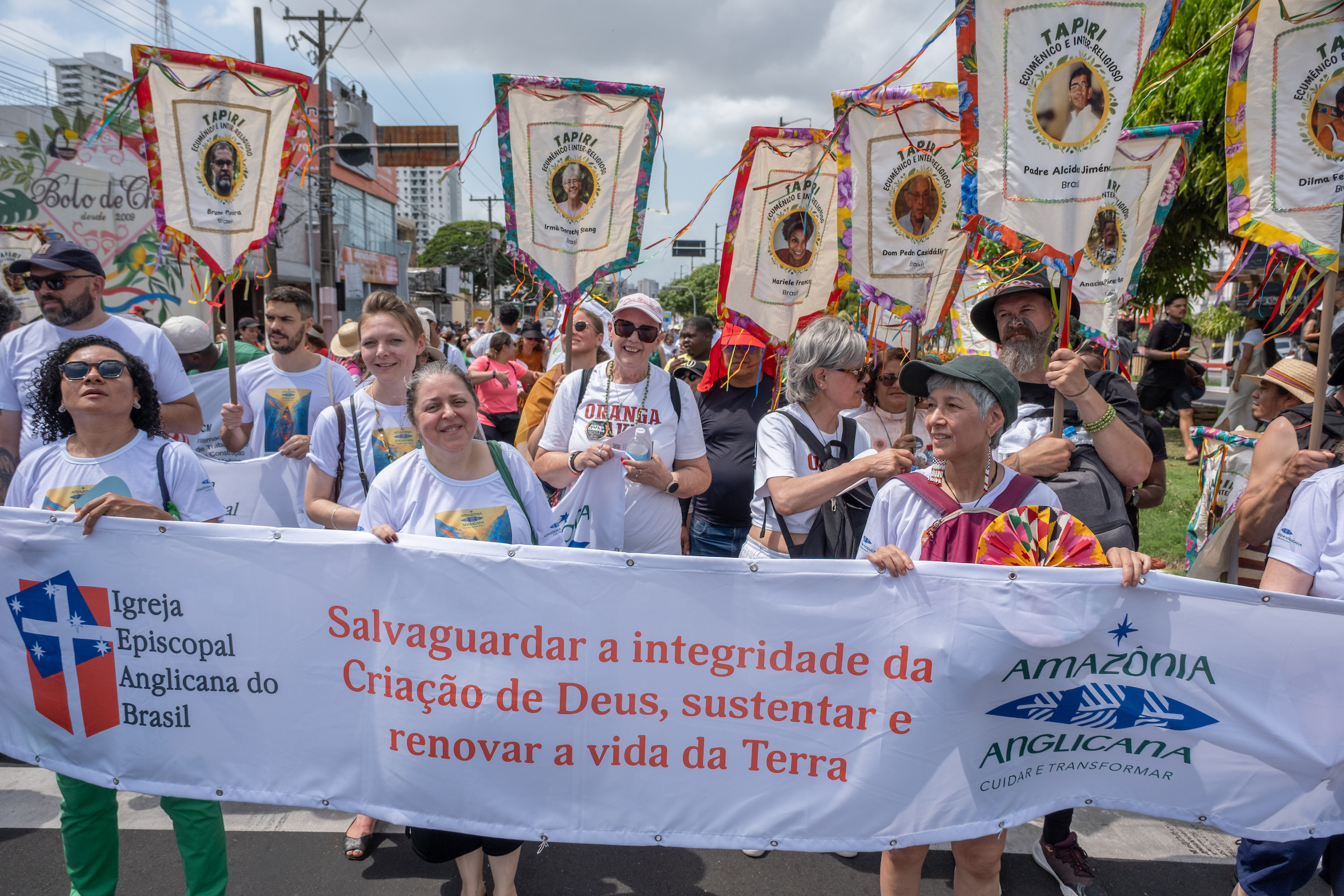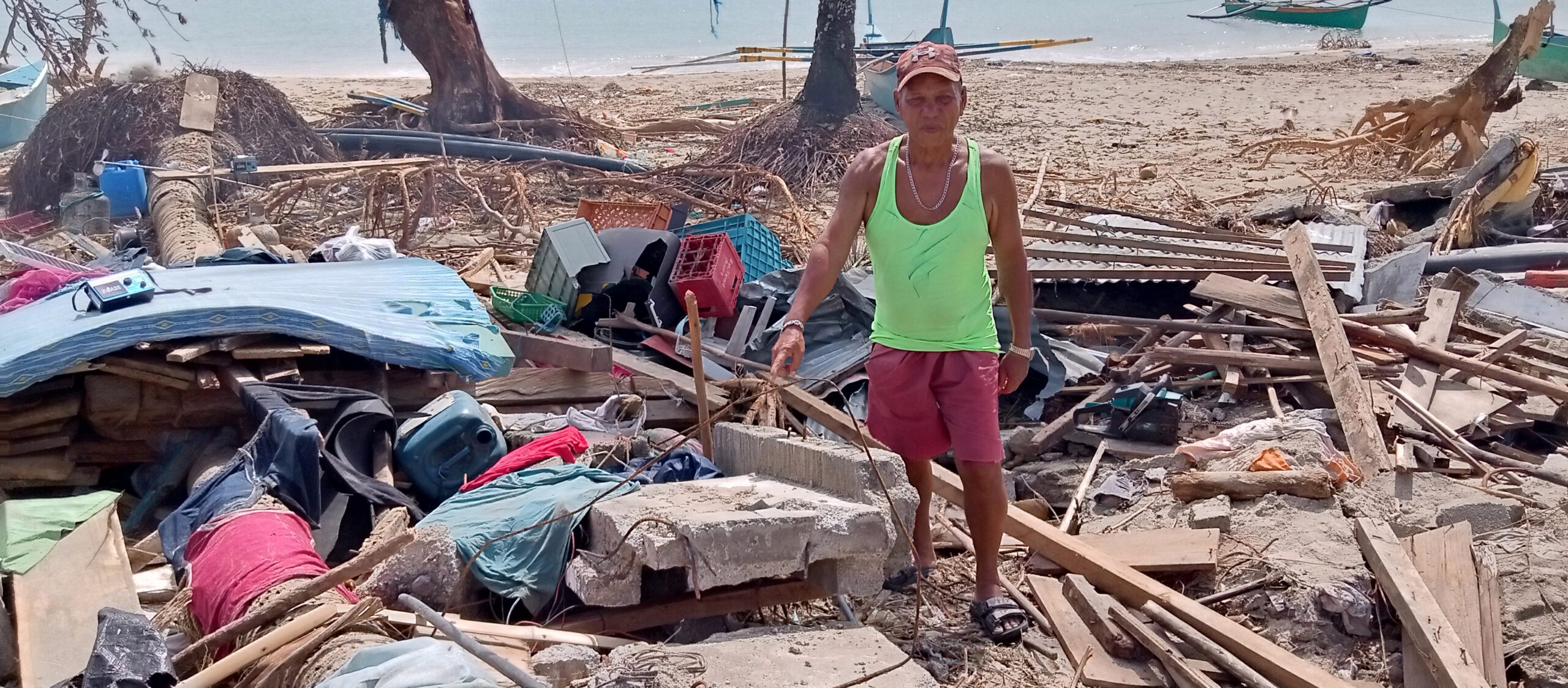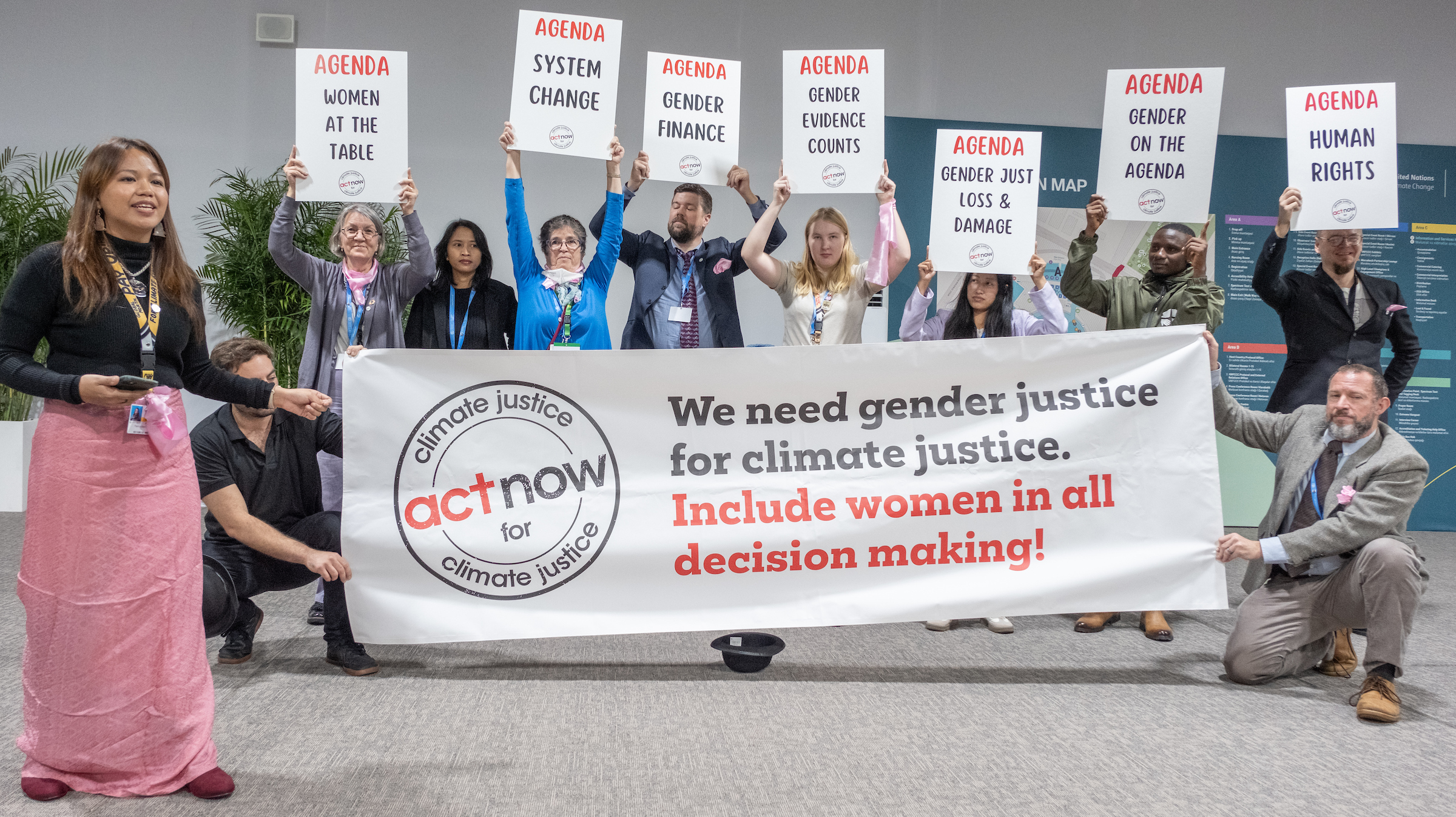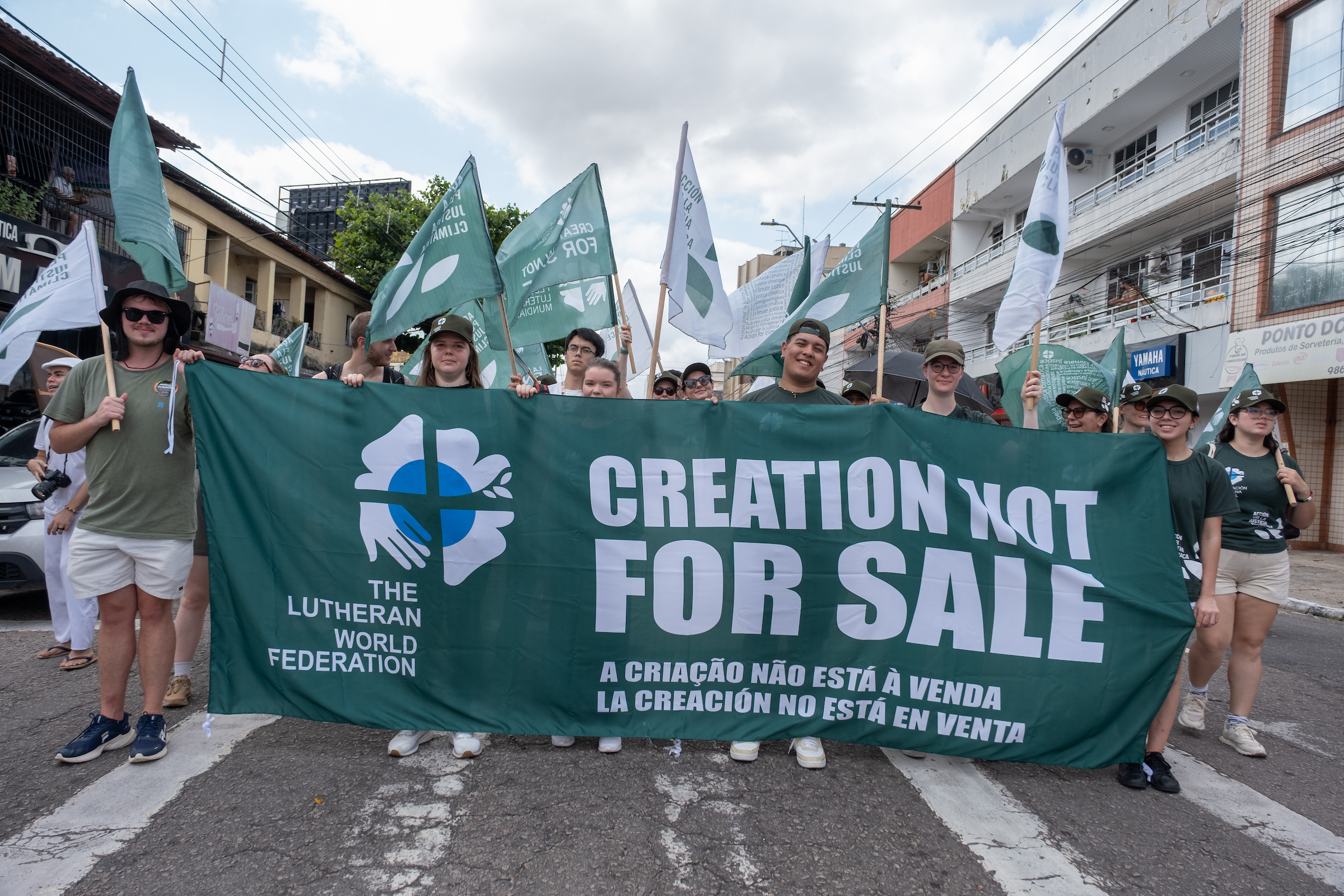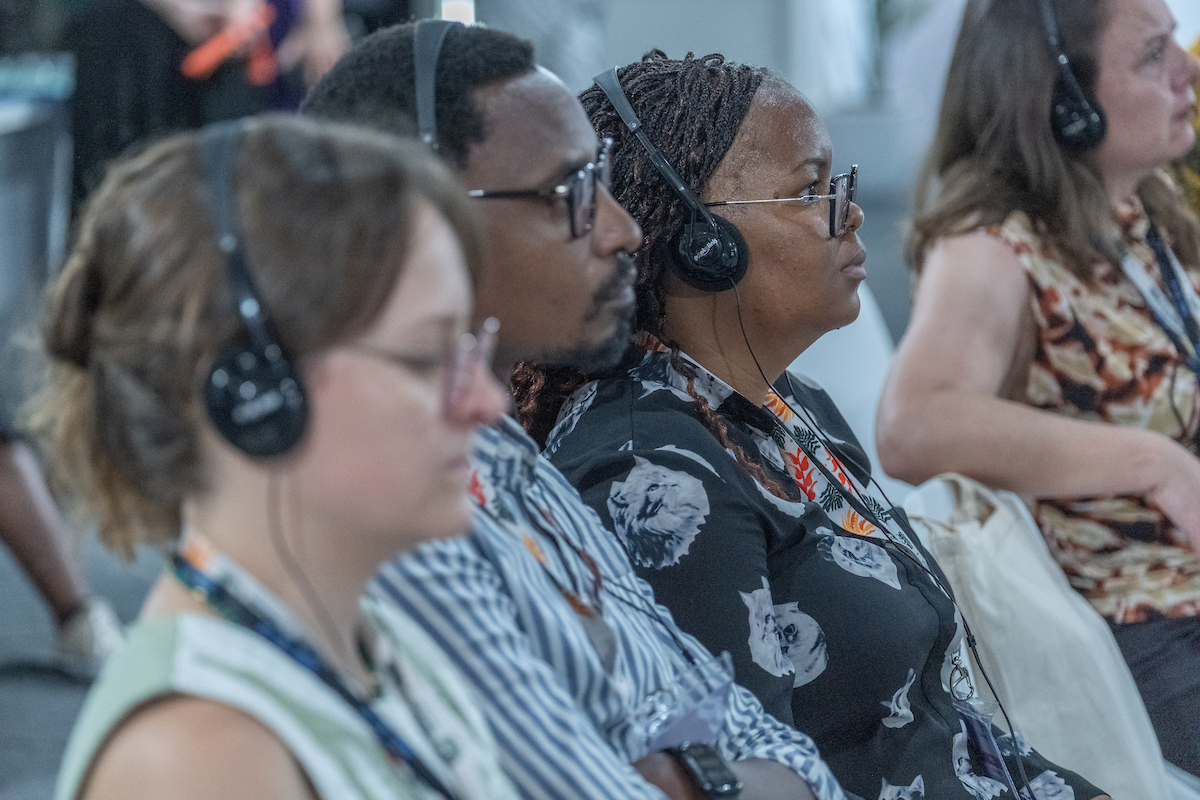For Immediate Release
December 3, 2024
On Wednesday 4th December, the United Nations humanitarian aid coordination office (UN OCHA) will publish its annual Global Humanitarian Overview for 2025, which summarises the state of humanitarian suffering around the world, and outlines the level of financial support currently available for life-saving efforts.
As of 17 October 2024, only 35 per cent of the UN’s existing global appeal is funded. The enormous gap in resourcing directly impacts millions of people experiencing crises around the world.
To coincide with the UN’s call for action, ACT Alliance and Caritas Internationalis- two leading networks of Christian faith-based organisations in solidarity and partnership with national and local partner organisations- call on world leaders, governments and the UN system funding the humanitarian response, to urgently strengthen support for Sudan, the world’s largest humanitarian crisis – and specifically to local community groups at the frontline of the response.
- Firstly, increased attention must be given to the catastrophic situation in Sudan, and the humanitarian response which is chronically underfunded.
- Secondly, donor governments, UN agencies and other international humanitarian organisations need to change the ways they work, to better support local frontline responders such as churches, women’s organisations, youth networks and other community-based groups that are the backbone of the humanitarian response in Sudan and other crisis-hit countries.
Sudan is where the largest displacement crisis in the world continues to unfold, but still the situation in Sudan remains underreported. One in every five people in Sudan is displaced, an estimated 24 million people are in acute need of food, and the UN has declared famine in parts of the country.Niall O'Rourke Head of Humanitarian Affairs, ACT Alliance
To get resources to these local groups, faith leaders, and faith-based organizations, ACT Alliance and Caritas Internationalis are engaged in a joint appeal to provide cash support, protection, water and hygiene to thousands of displaced Sudanese.
This includes support to local community groups and national organisations working in areas of the country where there is no UN agency presence, and in some cases no other international NGOs.
Evidence from other countries clearly shows that working with local communities is a highly effective and empowering method of providing relief and long-term stability. By maximising local relationships and knowledge and encouraging community engagement ACT and Caritas also act as a connector into UN’s operations in communities in the country too.
“As the UN and donor governments take stock of global humanitarian needs, we urge them to increase support for local community groups, who are the first responders but until now receive inadequate support from the international system. Recent years have seen an alarming trend towards aid reduction by multiple governments cutting their aid budgets at just the same time as conflict, famine and the impacts of the climate crisis are spreading. The catastrophic situation in what we are seeing right now in Sudan illustrates this perfect storm of increasing unmet humanitarian needs, and inadequate support to local first responders. This is also the challenge we see in the DRC, South Sudan, Syria and many other places. We strongly back the UN’s call for support by donors, but we need to find ways to break through the bureaucracy and act in solidarity with local groups on the ground that have the access to communities in need and are saving lives. Through our joint partnership with local first responders in Sudan, Caritas Internationalis and the ACT Alliance we are doing all we can, but without more resources it remains a drop in an immense ocean of human suffering and chronic injustice.” Christian Modino Hok, Humanitarian Director, Caritas Internationalis
“The UN’s Global Humanitarian Overview helps to shines a spotlight on humanitarian needs across the world. In most wealthy donor countries, the emergencies that get the media spotlight and come to public attention often do so often for political reasons. The response to crises in countries neighbouring wealthy states or those that hold geo-political significance to powerful governments, get support, whilst life-saving efforts elsewhere are ignored and the responses to those crises continue to struggle. The cruel consequence of this is that lives are lost unnecessarily that could have otherwise been saved. Nowhere is this disparity between global political or public attention and the unmet the humanitarian needs and the funds raised to date greater than in Sudan. Sudan is where the largest displacement crisis in the world continues to unfold, but still the situation in Sudan remains underreported. One in every five people in Sudan is displaced, an estimated 24 million people are in acute need of food, and the UN has declared famine in parts of the country. As the two largest networks of Christian faith-based humanitarian organisations, ACT Alliance and Caritas Internationalis, working with members and their local partners across working in Sudan in coordination with UN efforts urgently need support to be able to provide lifesaving assistance. Our joint humanitarian appeal remains critically underfunded at a time when the need to scale up this life-saving humanitarian response has never been greater. Niall O’Rourke, Head of Humanitarian Affairs, ACT Alliance
Notes to editors:
Sudan’s Humanitarian Crisis: A Silent Catastrophe Demands Global Attention
Sudan’s conflict, which erupted in April 2023 between the Rapid Support Forces (RSF) and the Sudanese Armed Forces (SAF), has displaced over 11 million people internally and forced more than 2.3 million to flee over its borders. The crisis is deepening across key regions, as the situation deteriorates:
- Displacement: With over 11 million internally displaced people, Sudan hosts 14% of the world’sIDPs. Over 50% of these displaced persons are women and girls, and over 50% are children under 18, facing acute vulnerability.
- Hunger Crisis: Food insecurity has reached unprecedented levels, with 25.6 million people – half the population – facing a food security crisis (IPC Phase 3) or worse conditions. Alarmingly, 755,000 people are in famine conditions (IPC Phase 5), and starvation is imminent.
- Health Emergency: Cholera has claimed over 1,000 lives and infected 35,000 people across 11 states, compounding the suffering in overcrowded camps with limited healthcare access. The spread of this highly contagious disease is exacerbated by lack of access to clean water, and also by hunger.
Under-Reported and Underfunded
During nearly 18 months of conflict, people in Sudan have been left to face these challenges largely alone. The world’s largest displacement and hunger crisis, remains under-reported in global media and underfunded by the international community. The current humanitarian response falls far short of the needs, with critical shortages in food, clean water, healthcare, and shelter. Humanitarian agencies report immense challenges in accessing affected areas due to insecurity and arbitrary bureaucratic restrictions.
Aid Must Reach Localized Response Teams
ACT Alliance and Caritas Internationalis are engaged in a joint appeal, working with local communities, faith leaders, and faith-based organizations to respond to the desperate needs they face. Working with local communities is a key response methodology, and ACT and Caritas are supporting this while acting as a bridge to the UN’s broader coordination systems. The appeal provides cash support, protection, water and hygiene to thousands of displaced Sudanese.
The World Must Act Now
Caritas Internationalis and ACT Alliance urgently appeal to humanitarian actors, policy makers, and governments to prioritise Sudan NOW, and address the worsening crisis:
- Funding: Increased financial support is essential to scale up lifesaving assistance, including food aid, medical supplies, and sanitation infrastructure.
- Advocacy: Media outlets and international organisations must amplify the voices of those suffering in Sudan, ensuring that the world does not turn a blind eye.
- Policy Engagement: Governments and international bodies must facilitate humanitarian access and advocate for diplomatic solutions to the conflict.
Media contact:
Simon Chambers
Director of Communictaions
Email: simon.chambers@actalliance.org
WhatsApp/Signal: +1-416-435-0972

